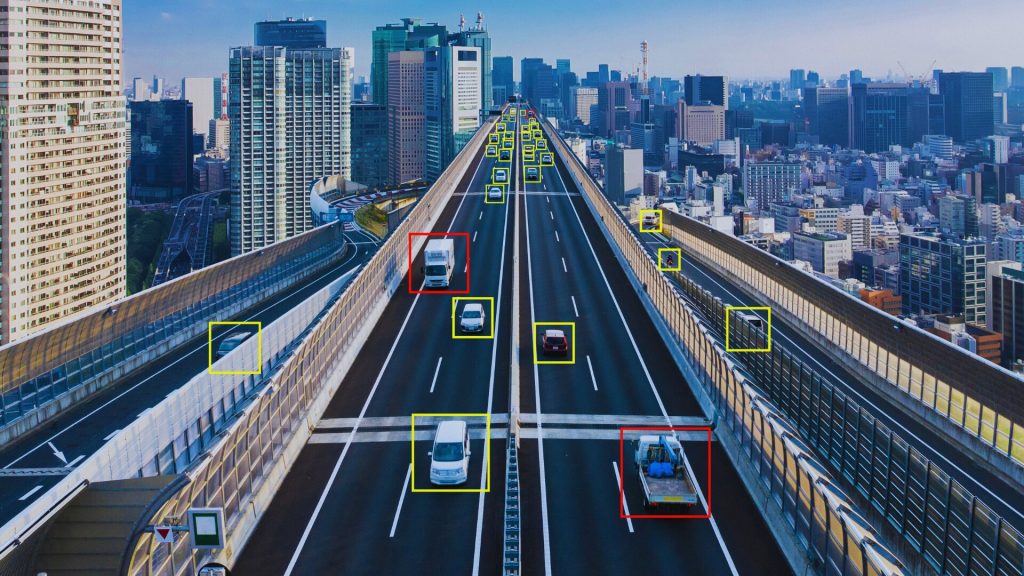
Transportation has played a pivotal role in shaping the world we live in today. Over the years, numerous innovations have revolutionized the way we move, connecting people and goods across vast distances. In this blog post, we will explore the most important innovations in transportation that have transformed the way we travel, commute, and transport goods.
- The Automobile: Pioneering Personal Mobility
The invention of the automobile stands as one of the most significant milestones in transportation history. With the introduction of mass-produced cars, personal mobility became accessible to the masses, transforming the way people traveled and commuted. From Henry Ford's Model T to the modern electric vehicles, automobiles have evolved to become more efficient, eco-friendly, and technologically advanced. - Air Travel: Shrinking the World
The advent of air travel revolutionized long-distance transportation, shrinking the world and connecting people across continents. The Wright brothers' first powered flight in 1903 paved the way for the development of commercial aviation. From propeller-driven planes to jet engines, air travel has become faster, safer, and more comfortable. The introduction of supersonic flights and the ongoing research on hypersonic travel promise to further transform the way we traverse the globe. - High-Speed Rail: Redefining Train Travel
High-speed rail systems, such as the Japanese Shinkansen and the European TGV, have redefined train travel, offering a fast, efficient, and sustainable alternative to air and road transportation. These trains can reach speeds exceeding 300 km/h (186 mph), providing a convenient and eco-friendly option for both domestic and international travel. The ongoing advancements in maglev technology hold the potential for even faster and smoother train journeys in the future. - Electric Vehicles: Driving Towards Sustainability
As the world grapples with the challenges of climate change, electric vehicles (EVs) have emerged as a game-changer in the transportation industry. With zero tailpipe emissions, EVs offer a cleaner and greener alternative to traditional internal combustion engine vehicles. The advancements in battery technology have extended the range of EVs, making them more practical for everyday use. Moreover, the development of charging infrastructure and government incentives further promote the adoption of electric vehicles worldwide. - Hyperloop: Revolutionizing Future Transportation
The Hyperloop concept, proposed by Elon Musk, aims to revolutionize transportation by combining the speed of air travel with the convenience of train travel. This futuristic mode of transportation involves pods traveling through low-pressure tubes at near-supersonic speeds, offering a potential solution for long-distance travel. Although still in the experimental phase, several companies are actively working on developing functional Hyperloop systems, promising to transform the way we commute in the future.
Conclusion:
The transportation industry has witnessed remarkable innovations throughout history, shaping the way we move and connect. From the invention of automobiles to the development of high-speed rail and the emergence of electric vehicles, these advancements have enhanced efficiency, sustainability, and connectivity. As we look towards the future, concepts like the Hyperloop hold the potential to redefine transportation once again. Embracing these innovations will not only improve our daily lives but also contribute to a more sustainable and interconnected world.


